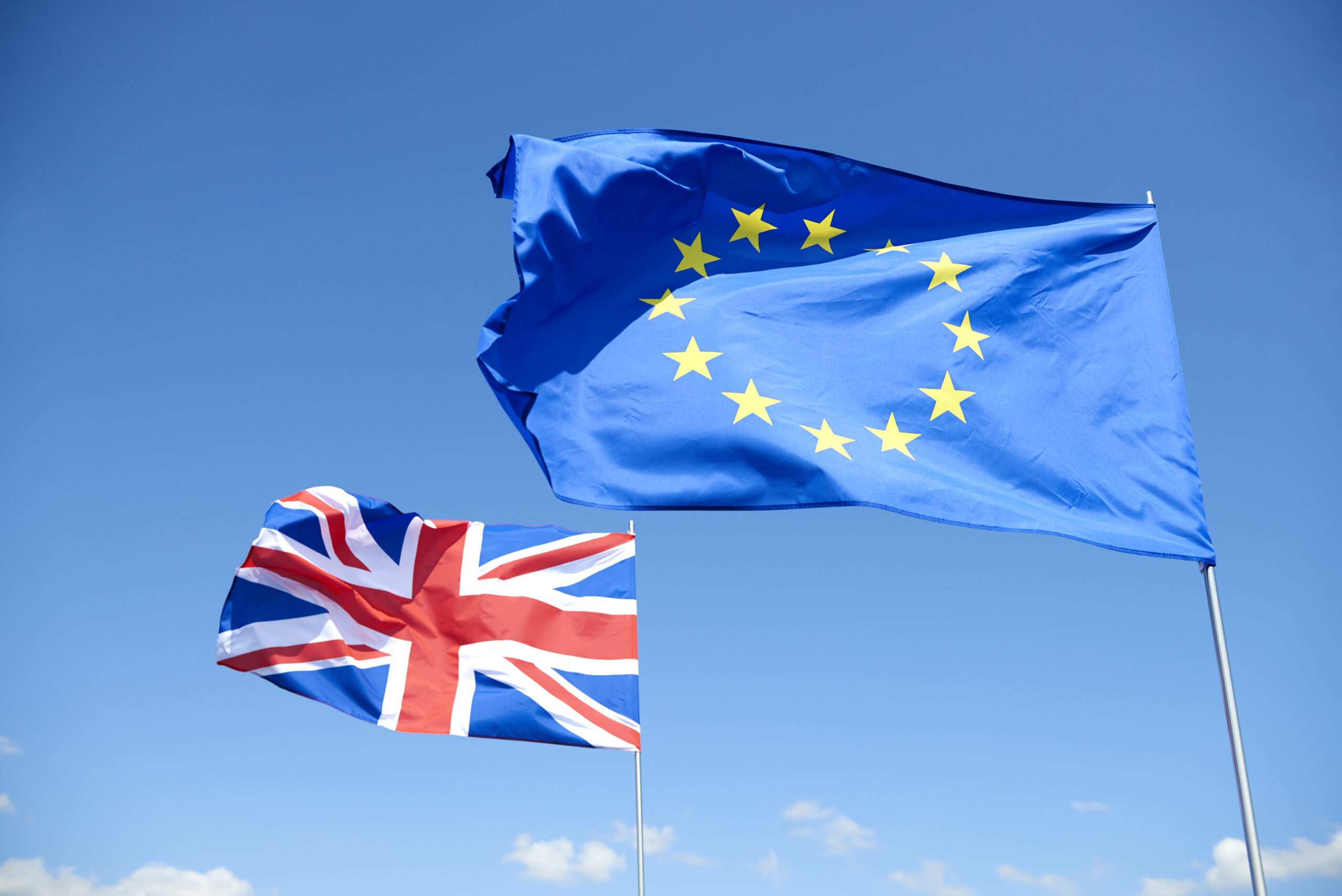
Research by the BCC’s Insight Unit has shown that SME exporters have faced an uphill struggle to sell goods and services in Europe as paperwork and costs have ballooned:
Trade with the EU is covered by the Trade and Co-operation Agreement (TCA) which was agreed on Christmas Eve in 2020, almost 11 months after the UK left.
It allows tariff-free trade with the EU but requires British and EU firms to produce documentation and paperwork for all shipments. Services access is also limited by rules on business mobility.
Companies say the biggest barriers to exporting to the EU are customs procedures and documentation (45), export documentation (39%), regulations and standards (35%) and tariffs (33%).
Awareness of upcoming changes in trade rules and regulations being made by either the UK or the EU are also alarmingly low, with more than three quarters of firms knowing no details of much of the legislation.
This includes knowledge of the Carbon Border Adjustment Mechanism (CBAM), Border Target Operating Model (BTOM), Safety and Security Declaration Requirements and new rules on business-to-business movements of parcels to Northern Ireland.
Among its top proposals for discussions in 2025 are:
“Over the past five years, UK businesses have shown resilience, agility and creativity in responding to the biggest change in our international trading relationships in 50 years. But the fact remains that we are the only G7 nation yet to regain its pre-pandemic level of trade intensity.
“Meanwhile, comments from senior figures in Brussels in the last week suggest they are open to finding common solutions to some of the barriers to trade which are affecting the flow of goods and services in both directions.
“Business welcomes this improving relationship and wants both sides to expand this quickly through scoping a pragmatic, growth-driven package of improvements.
“Two issues where there appears to be some promise of a meeting halfway are around linking Emissions Trading Schemes and rejoining the Pan-Euro-Mediterranean (PEM) Convention on rules of origin.
“Linking the emission schemes, which cover the amount of greenhouse gases embedded in products, is possible within the current framework of the TCA. It would reduce the risk of UK exports of steel, aluminium, hydrogen, and fertilisers facing additional charges.
“The BCC has also been calling for the UK to rejoin the PEM Convention for over two years. This would allow UK manufacturers to integrate their supply chains more easily, while still avoiding tariffs, by sourcing inputs from across a wide zone of more than 50 countries.
“Many firms were unaware of this convention, when we were previously a member inside the EU, but the BCC’s Chamber Network has been advising on how to make use of it for years.
“Business is ambitious for change, and we believe 2025 is a key moment to improve and deepen our most important trading relationship in the world.
“There is no time to lose. Firms are being held back by a complex web of red tape and regulatory burdens. This is ramping up costs, so improving our trading relationship with the EU could provide the impetus to growth needed to transform the dour outlook many are facing.”
Read more latest news from the BCC here.
